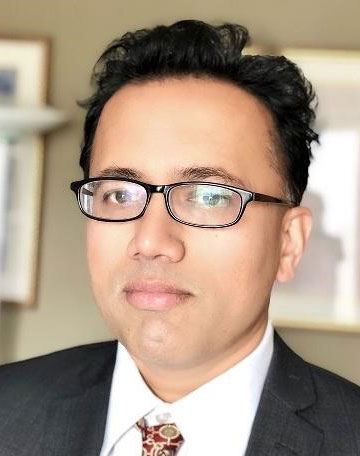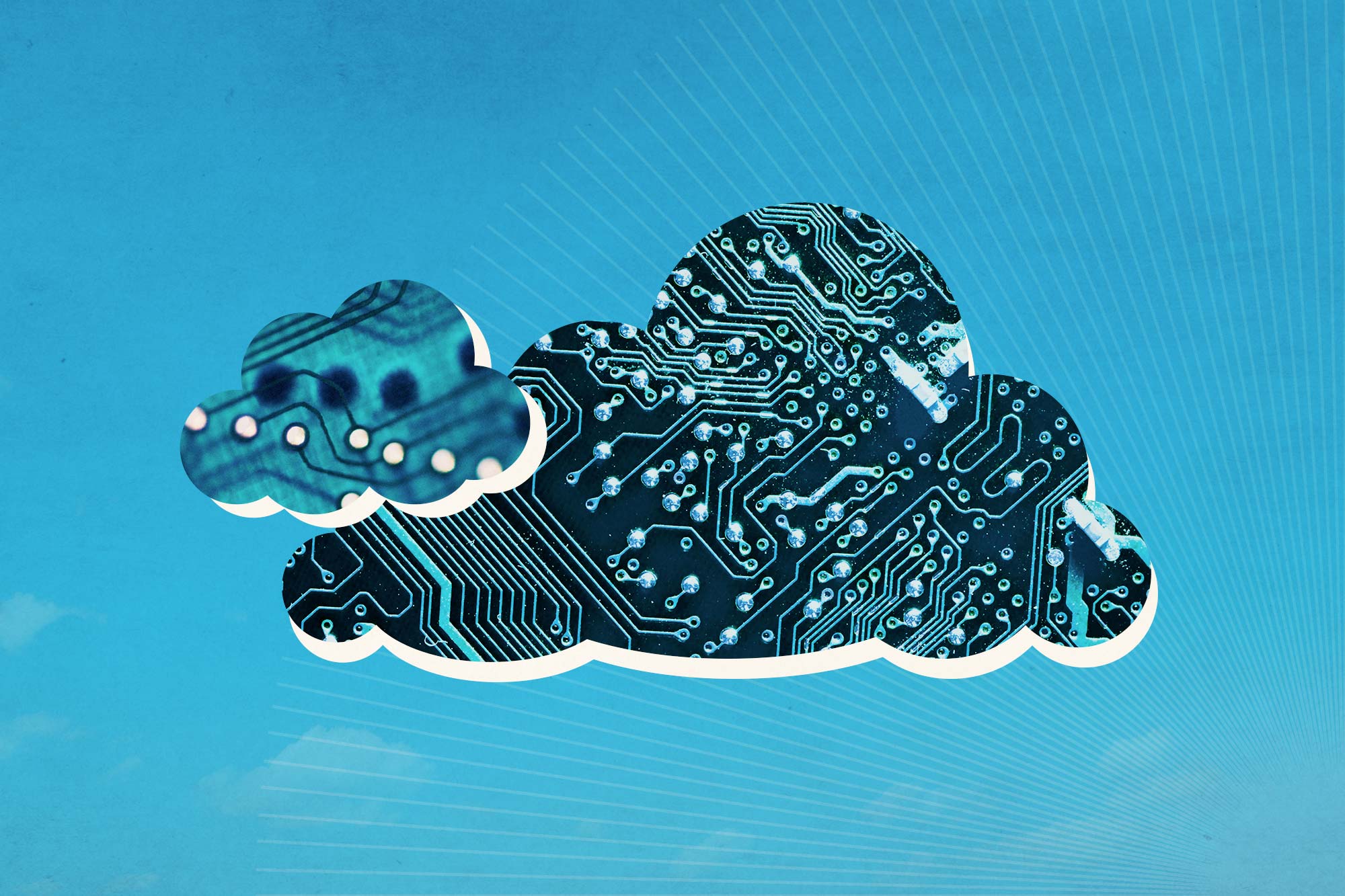The global cloud computing market is expected to grow by about $500 billion over the next five years, and the need for skilled cloud computing administrators and technicians will grow right along with it.
The University of Virginia School of Continuing and Professional Studies’ new Cloud Computing Certificate program, which will kick off this summer, will position students to meet that rapidly growing demand. The 18-credit program prepares students to begin careers as systems operations administrators or solutions architects for organizations that use cloud computing, which essentially takes common computer services and puts them online, making them more accessible and cost-effective for a wide variety of companies.
The program is particularly designed to dovetail with the Amazon Web Services certification process. Amazon Web Services, or AWS, is a subsidiary of Amazon that provides cloud computing services. As of 2017, AWS accounted for 33% of cloud computing providers worldwide. The Cloud Computing Certificate program will prepare students to sit for AWS certifications, specifically the foundational-level AWS Cloud Practitioner certification and the associate-level AWS Certification exams in the Architect (Solutions Architect) or Operations (SysOps Administrator) pathways. Sitting for certification is not required to pass the course but, according to program coordinator Kiran Chittargi, students will be well-prepared to do so if they choose.

Program coordinator Kiran Chittargi can speak from experience; he also serves as a senior manager at Microsoft. (Contributed photo)
“It was important that the students get quality education and hands-on experience from a reputable university like UVA, but also to position them to take a variety of industry certifications, as the course curriculum is heavily aligned with the best practices in the industry,” said Chittargi, who also serves as a senior manager at Microsoft. He has more than 20 years of experience in software engineering, with emphasis in cloud computing.
“Students are exposed to fundamental concepts in how to design, deploy, manage and operate computing applications in the cloud, gaining the conceptual understanding, technical knowledge and human skills required for success in the workplace,” Chittargi said. “Graduates will be able to demonstrate knowledge of computers, networking, storage and database services needed for robust cloud deployments.”
Demand for cloud computing was already growing before the COVID-19 pandemic. That demand accelerated as companies worldwide transitioned to remote or hybrid work schedules.
“Need was increasing beforehand, then the pandemic hit and we saw even more companies and organizations switch to cloud computing in order to complete their work virtually,” Hollie Lee, director of SCPS’s certificate programs, said. “We wanted to give our students an opportunity to meet industry demand and provide access for individuals who might not have other ways to get into the field at the entry level.”
The certificate program requires a high school degree; classes are offered online, both synchronously and asynchronously, giving adult students flexibility to meet work and family responsibilities. All of the courses are designed to be interactive and hands-on, allowing students the opportunity to complete projects that closely mirror what work they would do on in the field.
“Our students are not just learning theory. They are doing hands-on application, learning by doing, so that they will be well-prepared for the workforce,” Lee said. “They can show an employer that they have done projects and been tested on their skills. That makes them more competitive applicants.”
Like Chittargi, every instructor in the program is currently working in cloud computing.
“They have the relevant industry knowledge, and they are in it every day,” Lee said. “They know the latest technology, they have a clear understanding of the trends in their industry, and they know what a student needs to know to enter the workforce.”








.jpg)


